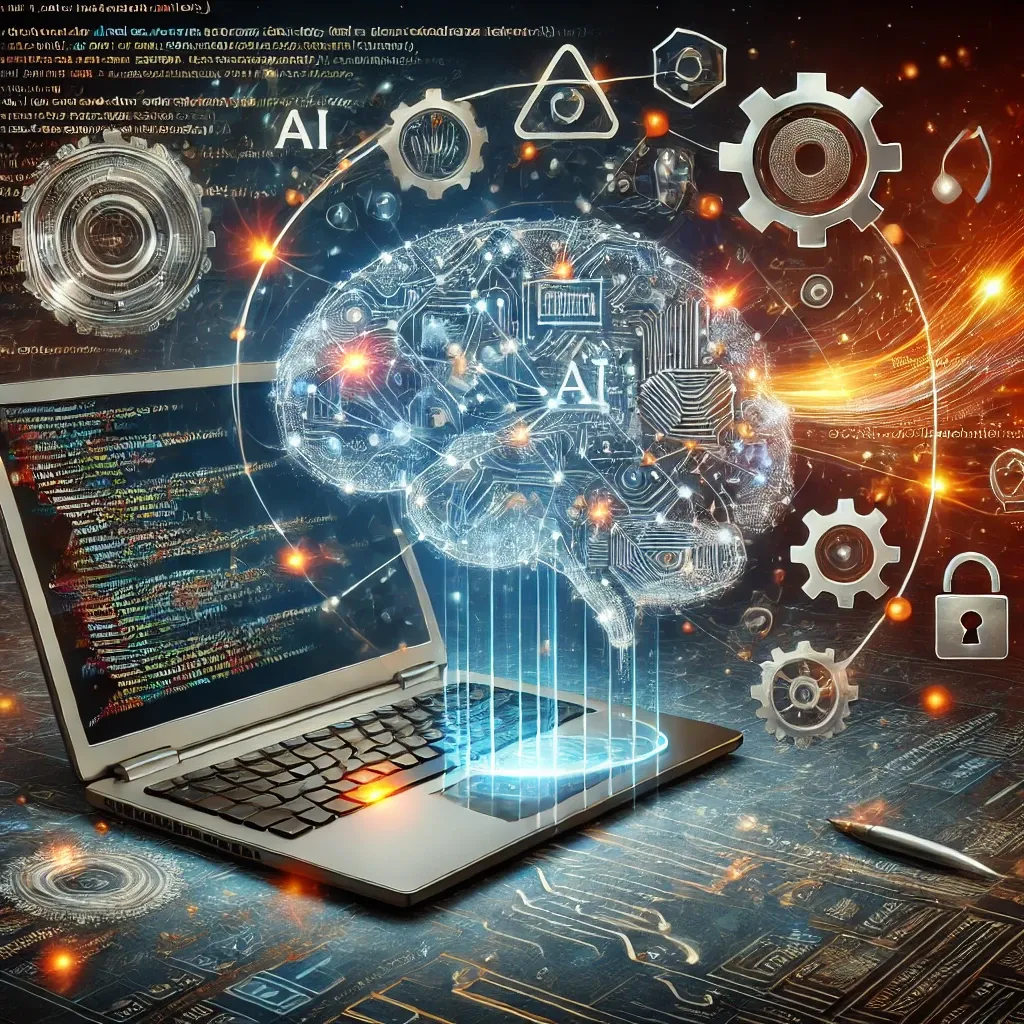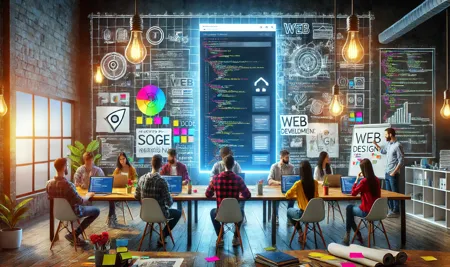
The Impact of AI on Software Development: Transforming the Future of Code
Artificial Intelligence (AI) is not just a buzzword; it is a force that is fundamentally transforming software development. In 2024, AI-driven tools are automating repetitive coding tasks, enhancing testing frameworks, and providing predictive insights, making development faster, more accurate, and efficient.
In this post, we’ll explore how AI is revolutionizing software engineering, the tools available today, and the challenges developers face when integrating AI into their workflows.
1. AI-Driven Code Generation
AI-powered coding tools like GitHub Copilot and Tabnine are assisting developers by suggesting code snippets in real time. These tools leverage large language models to autocomplete code and reduce the time spent on boilerplate tasks.
Benefits of AI-assisted coding:
- Faster development with fewer errors.
- Support for multiple programming languages.
- Improved focus on creative problem-solving.
However, developers must validate AI-generated code to ensure it aligns with the project’s requirements and security standards.
2. Automated Testing and Debugging
AI is enhancing automated testing frameworks, identifying bugs, and even suggesting solutions. Predictive models analyze code to identify vulnerabilities and performance bottlenecks before they become issues.
Key AI tools for testing and debugging include:
- AI-based unit testing frameworks.
- Predictive bug detection models.
- Continuous integration (CI) systems with AI-driven alerts.
This automation minimizes human error and accelerates the release cycle.
3. Natural Language Processing (NLP) for Documentation
Developers often spend considerable time creating documentation. With AI-driven Natural Language Processing (NLP), documentation tools can generate and maintain technical documentation automatically.
These tools can also analyze comments and code to ensure documentation remains consistent with the actual codebase, reducing technical debt over time.
4. Predictive Analytics for Project Management
AI-powered analytics are transforming software project management. Predictive models forecast project risks, timelines, and resource requirements, enabling teams to make data-driven decisions.
Examples of AI-powered project management tools:
- Jira with AI-driven risk assessment modules.
- Trello plugins that provide project health insights.
- AI-based sprint planning and timeline prediction tools.
These tools help project managers stay ahead of bottlenecks and allocate resources more effectively.
5. Challenges of AI Adoption in Software Development
While AI brings numerous benefits, it also presents challenges:
- Data privacy concerns: AI models require large datasets, raising privacy issues.
- Security risks: AI-generated code may introduce vulnerabilities if not monitored carefully.
- Bias in AI models: Unchecked biases can lead to unfair or inefficient code suggestions.
Developers need to balance the advantages of AI with the risks to ensure long-term success.
Conclusion
AI is redefining the software development landscape, from coding and debugging to project management. While AI tools offer significant productivity gains, they also require thoughtful implementation to avoid pitfalls.
As AI continues to evolve, developers who embrace these tools will stay ahead of the curve, building faster, smarter, and more secure applications.







0 Comments